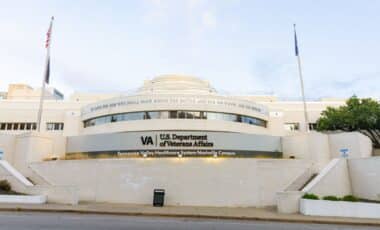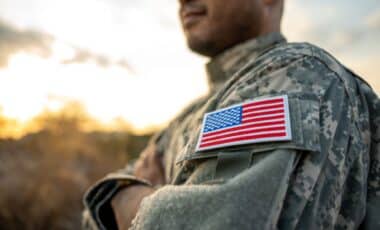The U.S. State Department has resumed processing student visa applications after a brief suspension in May. However, all applicants will now be required to unlock their social media profiles for government review.
This decision follows heightened security concerns and aims to ensure that those seeking to enter the U.S. for academic purposes are not involved in activities deemed hostile to American values.
The move has sparked controversy, as the U.S. government intends to use social media as part of a wider vetting process. By demanding that applicants set their accounts to public, the government says it will more effectively assess potential threats. But critics argue that this could undermine privacy rights and may unfairly target certain groups.
Social Media Scrutiny Raises Privacy Concerns
As part of the new rules, foreign students applying for F, M, or J visas must make their social media accounts accessible to U.S. consular officers.
According to the State Department, the policy is intended to identify any “hostile attitudes” toward the U.S. government, culture, or institutions. Those who refuse to comply may face visa rejection, with officials interpreting refusal as an attempt to hide online activity.
This decision follows an earlier suspension of student visa processing, which occurred in late May as the Trump administration prepared to implement these stricter measures. The new screening process has been described as comprehensive, as consular officers are expected to scrutinise applicants’ entire online presence, not just social media posts.
The policy also includes looking for signs of advocacy for terrorism, unlawful violence, or support for antisemitic behaviour.
For many international students, particularly from China, India, and Mexico, this new requirement represents another barrier in an already complex and often delayed visa process. As the new academic year draws near, students from these countries have been anxiously monitoring the reopening of appointment scheduling.
Impact on U.S. Universities and International Student Relations
The U.S. government has also outlined a prioritisation system, recommending that consular officers expedite visa processing for students applying to universities where international students make up less than 15% of the student body.
This change is expected to affect a substantial number of applicants, especially those applying to private institutions like Ivy League schools, which have large international student populations.
The move has sparked concerns among university administrators, particularly at institutions reliant on foreign tuition fees. Some observers worry that this policy could deter international students from applying to the U.S., potentially affecting the diversity and global reputation of its higher education system.
While the State Department insists that these enhanced security measures are necessary to protect national security, the implications for academic freedom and student privacy remain a point of contention.









